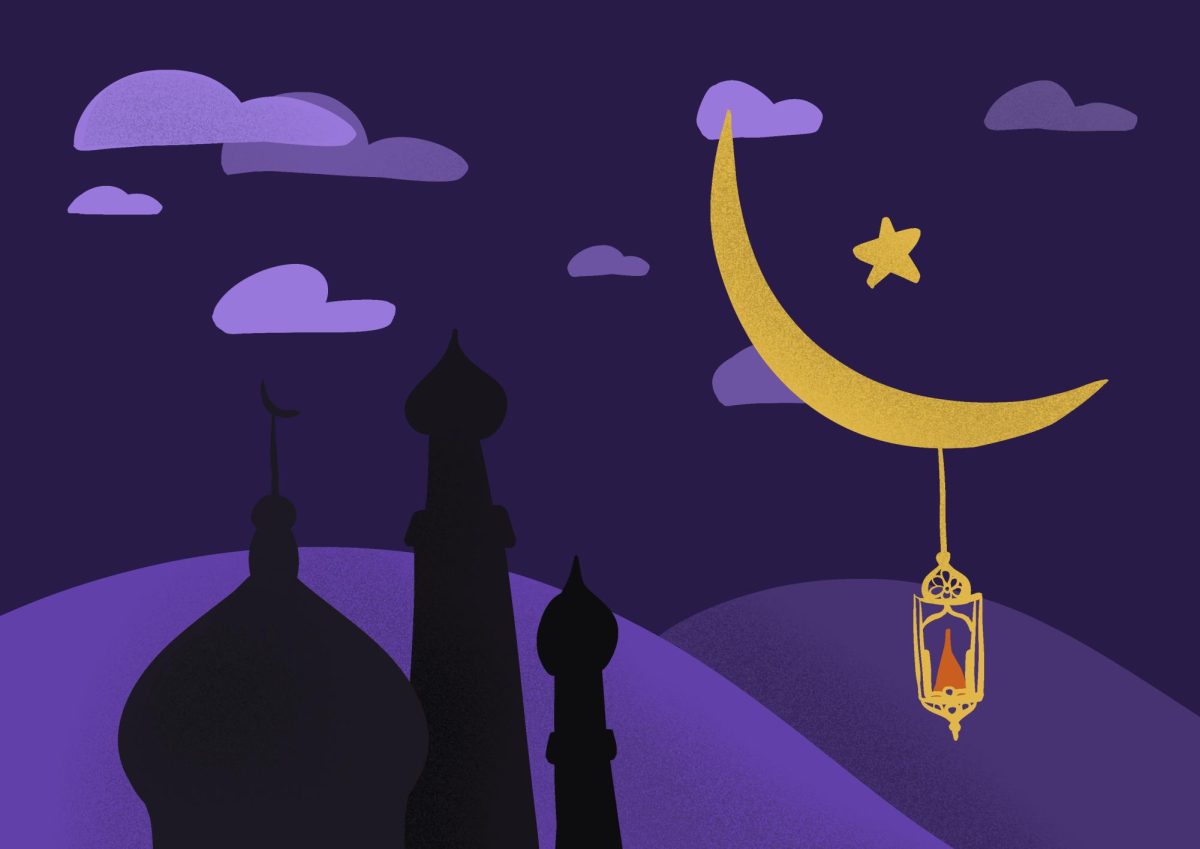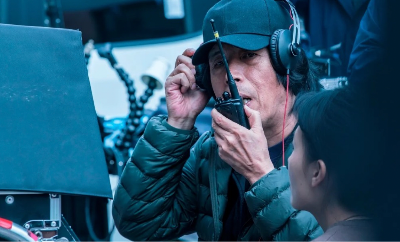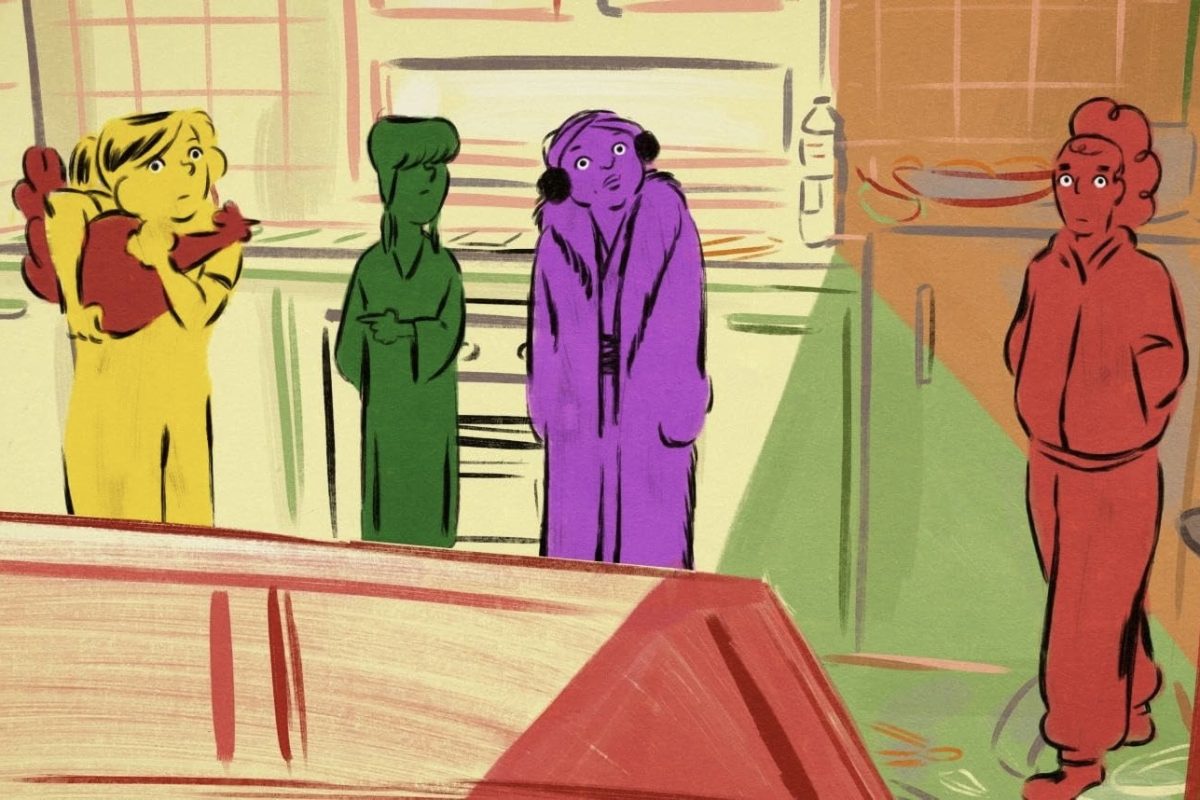Arts Issue: Letter from the editor
April 10, 2014
With the rise of hipster culture, ever-present in New York in general and at NYU in particular, it has become fashionable to dislike something for being mainstream. Kids have always spurned their parents’ favorite bands, actors and writers, but nowadays we are even skeptical of the stars in our own generation.
This trend calls into question the importance of Celebrity. So much of art depends on the presence of a big name to make or break a given project. From the stage to the screen, from radio waves to TV channels, our artistic interests are so often influenced by the celebrities involved.
The Washington Square News takes a moment out of your regularly scheduled programming so that the lovely and talented Arts team can discuss this issue of Celebrity. It is by no means a straightforward topic — there are many ways in which fame infiltrates our everyday routines, but it is tricky to dissect whether this force is positive or negative. Whether we love them or hate them, our strong feelings about famous people may distract us from searching for real merit.
The capacity to obsess over stars has increased exponentially with the influx of social media platforms. It is impossible to form tastes without the intervention of the Internet, which is a huge change in the art world from generations past. Websites like Kickstarter allow fans to feel a connection with artists that transcends the divide between celebrities and us mere mortals. Without the support of fans, for example, the much-hyped “Veronica Mars” movie would never have been made.
Equally fun are the collaborations of talented A-list artists, including power couples like Beyoncé and Jay Z. This type of partnership is perhaps most common in the music industry, but actors and directors work together on film and television as well. Ensemble casts on series like “Game of Thrones” are particularly exciting to watch, although the sheer number of actors can sometimes be overwhelming.
By working together, celebrities often use their power to help out the little people, backing projects that otherwise might not see the light of day. Brad Pitt’s work as a producer on “12 Years A Slave” may have won him his first Oscar, but more importantly his contribution made the film much more successful than it otherwise could have been. These kinds of charitable collaborations not only bypass the industry bureaucracy but also turn out to be high-quality productions.
Then again, not all pet projects are successful, calling into question whether we should trust or value the worth of famous opinions. For instance, J.K. Rowling has released a couple of books since the end of her “Harry Potter” series, but the new efforts have received mixed reviews. Readers may begin to wonder whether the author’s success is based on her writing talent, or simply on a billion-dollar plot idea. Star power can only carry a production so far, especially when the celebrity in question is not quite suited for the task.
These and other pitfalls of Celebrity are discussed on the following pages. Surrounded as we are by the famous and talented, it is important to consider the influence such people may have. Celebrity is a concept that is deep-seated in our culture, and fame has become more far-reaching than ever, for better or for worse. We are all attracted to the celebrity headlines, but, in reality, what’s in a name?
— Clio McConnell













































































































































